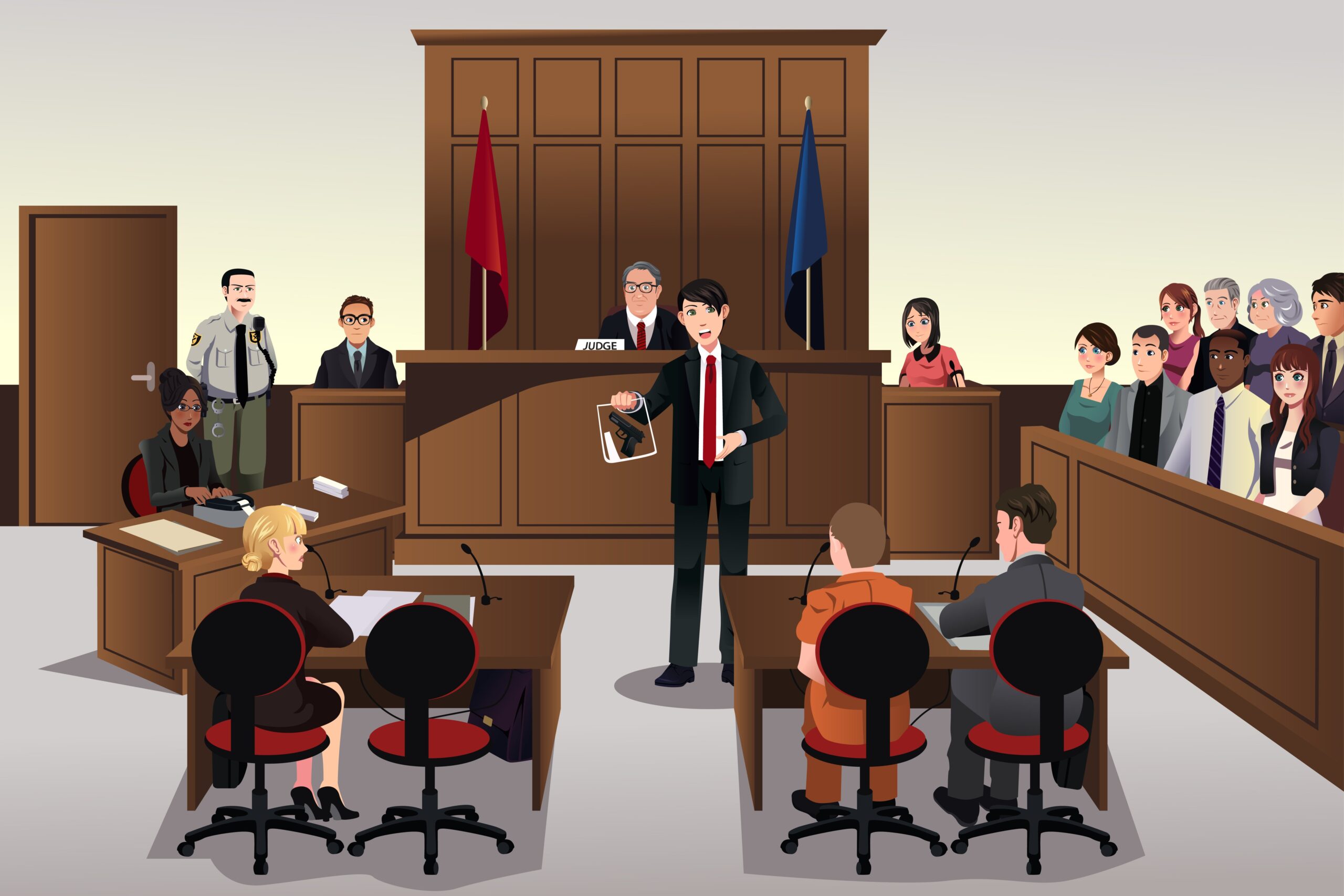 During the COVID-19 pandemic, courts canceled nearly all in-person court appearances in order to promote social distancing. Many courts eliminated some types of in-person appearances entirely, such as discovery conferences, in favor of permitting parties to work out a discovery stipulation among themselves. Although many attorneys were confident that courts would eliminate some unnecessary appearances for good because of the pandemic, some courts have reinstated somewhat unnecessary court appearances, which is frustrating to many practitioners.
During the COVID-19 pandemic, courts canceled nearly all in-person court appearances in order to promote social distancing. Many courts eliminated some types of in-person appearances entirely, such as discovery conferences, in favor of permitting parties to work out a discovery stipulation among themselves. Although many attorneys were confident that courts would eliminate some unnecessary appearances for good because of the pandemic, some courts have reinstated somewhat unnecessary court appearances, which is frustrating to many practitioners.
One of the most unnecessary court appearances I see in my practice is an in-person appearance to a submission part of a court after a party files a motion. Many courts require litigants to make motions returnable to a submissions part, and on the return date of the motion, the parties simply show up and provide hard copies of their papers to the court attorneys. The court attorneys may have some simple questions for the parties, and in rare instances, might summon the judge to decide upon a matter. However, in the vast majority of instances, the court attorneys simply mark the papers as fully submitted, and the entire process takes 10 or 20 seconds. Nevertheless, attorneys can spend hours waiting for their cases to be called.
Such submission parts were more critical before papers were widely e-filed, since it was important for court staff to ensure that they had a copy of all the papers and that documents were properly submitted. However, these parts make little sense now that court officers can review dockets online and see all of the materials that have been submitted on a matter. Any benefit of being able to ask minor questions about papers is outweighed by the effort required to summon all of the lawyers on a matter to court, which likely costs clients a substantial amount of money.
Frequent in-person discovery conferences have also returned to many jurisdictions even though these matters were handled by stipulation or remotely during the COVID-19 pandemic. To be clear, I think there are benefits to having some in-person discovery conferences. When attorneys to a case meet in person, it is far easier for the lawyers involved in a matter to build rapport and talk things over in an easier fashion than discussing matters over the phone. In addition, if a matter involved numerous attorneys, it can be difficult to get the lawyers to agree to anything remotely, and it is far easier to make progress if everyone is in the same room discussing discovery matters.
Earlier this year, I attended a discovery conference part that looked just as it did before the pandemic. Dozens of lawyers huddled around lists of cases posted on the wall to see which number their case was listed at, and people were shouting random case names so that they could find the other lawyers on a matter. Once all of the attorneys appeared, the lawyers filled out a discovery stipulation, which was reviewed by a court attorney. If the proposed order looked good, it was presented to a judge for signature, and all of the lawyers received a copy of the order before they left.
In the vast majority of cases, this process could have been conducted remotely like it had been done during the COVID-19 pandemic. Moreover, some of the cases were being scheduled for another in-person discovery conference in another four months or so. Sometimes, things can be done more expeditiously in person, but requiring the parties to come back to an in-person conference in such a short time seemed like a waste of resources.
Of course, the legal profession has learned much from the COVID-19 pandemic, and courts now embrace virtual conference technology much more than they did when the pandemic began. However, it seems like some courts have not learned some lessons from the COVID-19 pandemic, and judicial operations can often be just as efficient without burdening lawyers and clients to make unnecessary in-person court appearances.
 Jordan Rothman is a partner of The Rothman Law Firm, a full-service New York and New Jersey law firm. He is also the founder of Student Debt Diaries, a website discussing how he paid off his student loans. You can reach Jordan through email at jordan@rothmanlawyer.com.
Jordan Rothman is a partner of The Rothman Law Firm, a full-service New York and New Jersey law firm. He is also the founder of Student Debt Diaries, a website discussing how he paid off his student loans. You can reach Jordan through email at jordan@rothmanlawyer.com.
#Unnecessary #InPerson #Court #Appearances #Returned










